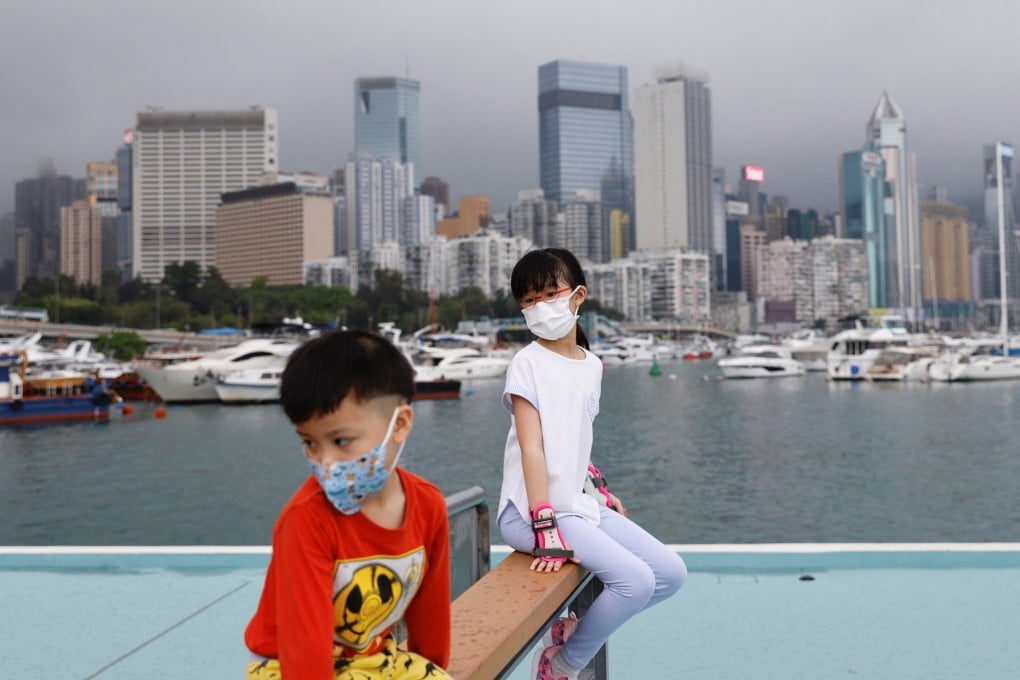Opinion | Lessons for Hong Kong and the US in new study on child mental health during the Covid-19 pandemic
- A recently published study examines how socioeconomic factors and vaccination roll-out have affected children’s mental health during the pandemic
- It reveals an urgent need to remove barriers to food security, mental health services, and housing and employment benefits

We found that Covid-related stress, worry and sadness occurred when children experienced pandemic-related food insecurity, parental unemployment, disrupted mental health treatment and healthcare services, or if they lived in neighbourhoods with a higher percentage of adults who worked full-time, or lived in states lagging behind in vaccination rates over the study period.
Levels of stress were higher still among children who were older, female, Hispanic, had parents who were separated, experienced interruptions to healthcare, and lived in economically deprived neighbourhoods or in areas where many adults were essential workers (for example, cleaners, security guards or health workers) and unable to social distance.
Crucially, however, our study found that stress brought on by the pandemic declined in children after vaccinations were rolled out for adults in December 2020.
Understanding the factors that increase – or lessen – pandemic-related stress is urgently important to developing effective policies to mitigate such disparities.

